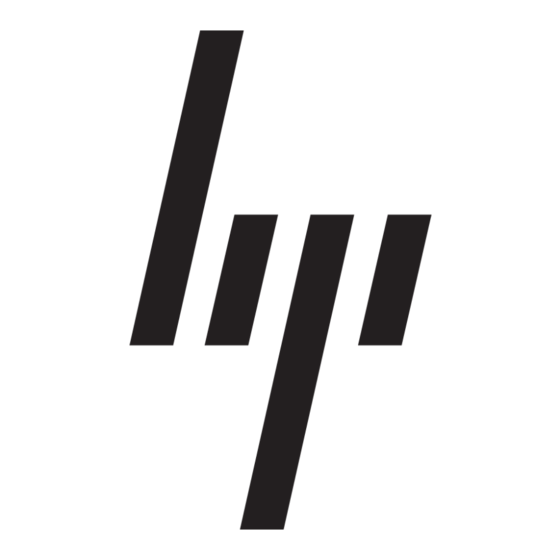With the high data rate of Rambus, signal integrity is troublesome. System boards must be designed
to accommodate the extremely stringent timing of Rambus, and this increases product time to market.
Additionally, each Rambus channel is limited to 32 devices, imposing an upper limit on memory
capacity supported by a single bus. Use of repeater chips enables use of additional devices and
increases potential memory capacity, but repeater chips have been very challenging to design.
Finally, the larger dies and more limited production of RDRAM compared to those of other memory
technologies have increased the cost of RDRAM. RDRAM still costs up to twice as much as SDRAM.
RDRAM technology offers performance advantages and lower pin count than SDRAM and DDR
SDRAM. However, SDRAM and DDR SDRAM offer more memory capacity and lower cost than
RDRAM.
Importance of using HP-certified memory modules in
ProLiant servers
Customers should use only HP memory option kits when replacing or adding memory in ProLiant
servers. This section describes two of the most important reasons.
First, not all DIMMs are created equal; they can vary greatly in quality and reliability. In the highly
competitive memory market, some third-party memory resellers forego the level of qualification and
testing needed for servers because it adds to the price of DIMMs. HP uses proprietary diagnostic tools
and specialized server memory diagnostic tests that exceed industry-standards to ensure the highest
level of performance and availability for ProLiant servers. The costs of system downtime, data loss,
and reduced productivity caused by lower quality memory are far greater than the price difference
between HP-certified memory and third-party DIMMs.
Second, use of HP memory option kits prevents improper mixing of single-rank and dual-rank DIMMs.
Although single-rank and dual-rank DIMMs may have the same capacity, they differ in the way in
which they are accessed by the chipset (see the "DIMM configurations" section). Therefore, to ensure
that the server boots properly and operates reliably, single-rank and dual-rank DIMMs should not be
used in the same bank. On the other hand, some ProLiant server platforms have configuration
guidelines that allow the mixing of single-rank and dual-rank DIMMs. HP memory option kits precisely
match the capabilities and requirements of the ProLiant server for which they are designated.
Therefore, they prevent improper mixing of single-rank and dual-rank DIMMs.
HP memory option kits are listed in each server's user guide and in the product QuickSpecs available
at www.hp.com.
Conclusion
The increasing performance gap between processors and memory has generated development of
several memory technologies. While some memory manufacturers prefer a revolutionary approach to
memory technology development, others favor an open, evolutionary approach. Memory
manufacturers must balance the cost of performance enhancements against the laws of physics and
compatibility with existing technologies. HP will continue to evaluate relevant memory technologies in
order to offer customers products with the most reliable, best performing memory at the lowest
possible cost.
19

